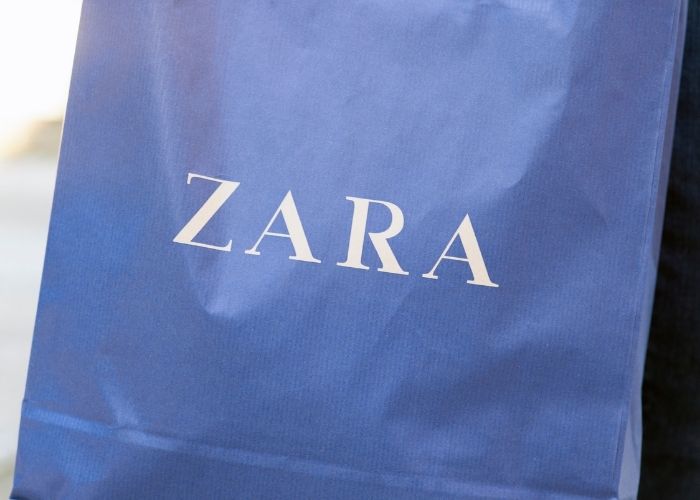MADRID – Inditex, the parent company of the clothing chain Zara, has found a new weapon in the fight against excessive use of paper. From now on, customers in the clothing store pay an amount of ten cents for all paper bags.
For the time being, however, this only applies to stores of the fashion company in Spain. But if the experiment works, Inditex wants to sell paper bags in more stores in Europe.
Stimulate reuse
Inditex, in addition to Zara, is also known for clothing stores Pull&Bear, Massimo Dutti, and Bershka. It is introducing the costs for paper bags according to news site El Español to encourage reuse among customers. Although paper bags have a smaller ecological footprint than plastic bags, since paper is biodegradable, it is still the case that bringing your own bag is much better.
For example, plastic straws can take 500 years to decompose. In that case, paper straws are seen as a good alternative to these straws. However, as with the bags, paper straws become wet after one use and can no longer be recycled. Paper is therefore not the best substitute for completely eliminating waste.
Inditex wants to donate proceeds to NGOs
Zara has already thrown out the plastic bags and replaced them with paper. Now the company says it wants to take another step by also discouraging the use of paper. Inditex wants to give the proceeds from the sale of paper bags to Spanish NGOs that are committed to the environment and climate.
Inditex is working hard to make it greener. The company has been using a network of local suppliers for several years. That means that Zara’s parent company has not put together a complex web of intermediaries and suppliers located all over the world. The lines are shorter and more durable.
Collective for CO2 neutral transport
Inditex is also part of a collective that aims to arrange CO2-neutral transport for all its products by 2040. Companies such as Amazon, Ikea, Patagonia, and Unilever have united in a collective called Cargo Owners for Zero-Emission Vessels (coZEV). The collective not only wants to drastically tackle their own transport by ship and make it CO2 neutral but also states that world leaders must take urgent action in tackling emissions from ships, for example.
Zara remains fast fashion
Despite all Zara’s promises, buying fast fashion is still very polluting. The chain puts 20,000 new items of clothing into circulation every year. Because many items of clothing remain in circulation with fast fashion, a lot is thrown away every season. Alternatives for environmentally conscious buyers are, therefore, buying more expensive clothing that lasts a long time or second-hand clothing.


